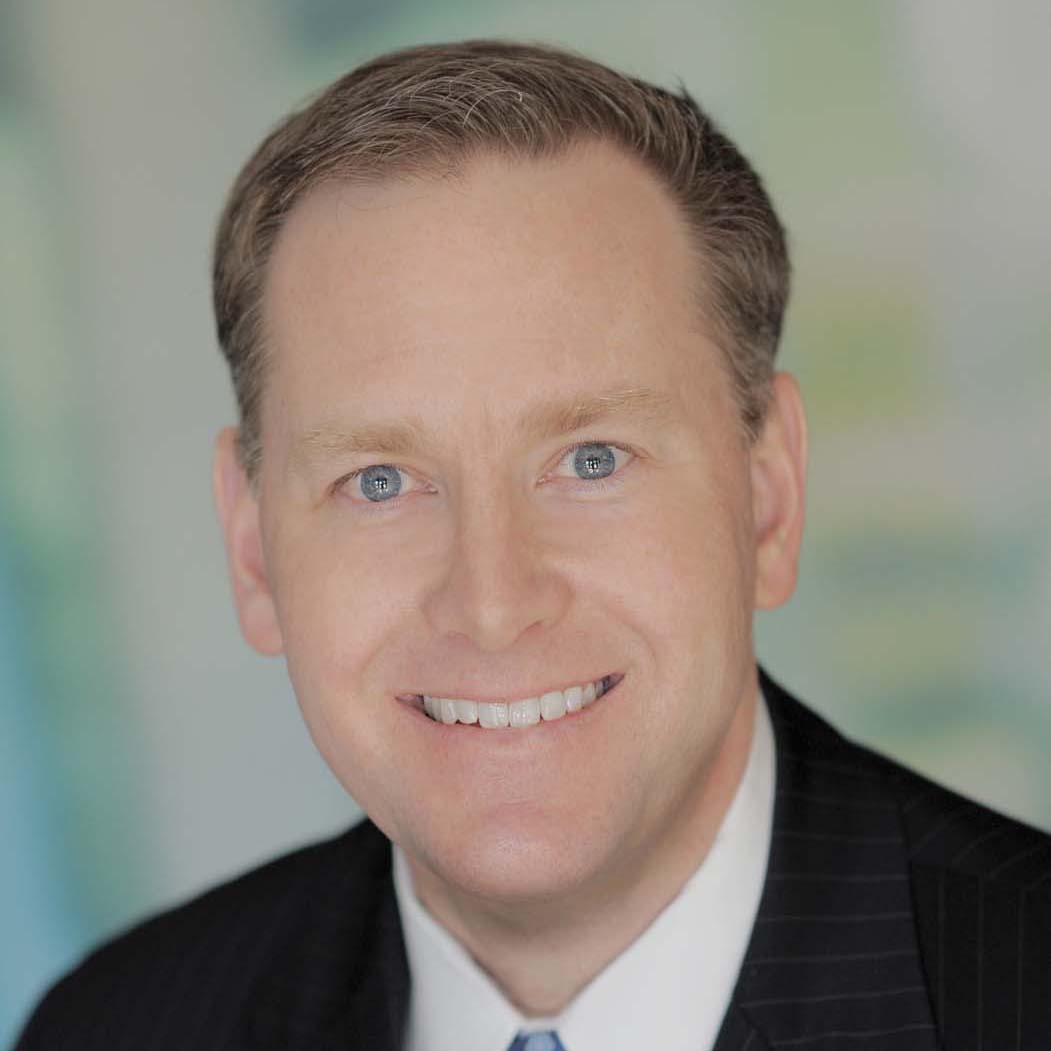A Closer Look at David M. Staker
CEO and President, Plastic Packaging Technologies LLC

For each issue, FlexPack VOICE® hosts a Q&A segment with an industry leader. In this issue, we interview David M. Staker, CEO and president, Plastic Packaging Technologies, LLC (PPT). After graduating from business and law school at the University of Kansas, Staker worked for a large international law firm as a corporate attorney specializing in mergers, acquisitions, and securities offerings. “Several years into my career, I joined a private investment advisory firm and—through my involvement there—had the opportunity to purchase and take over the leadership of PPT, which had been a small family-owned business since the 1970s,” he says.
FlexPack VOICE®: What do you see as the major issues facing the industry this year, globally and/or domestically?
David Staker: The most immediate issues of concern facing our industry, which is not alone in needing to deal with them, are the ongoing COVID-19 pandemic and the associated impacts on physical and mental health, and the safety of our workforce and—more broadly—society and the economy. We also have the recent, emerging inflationary pressures driving rapidly rising costs due in large part to supply chain disruptions and imbalances in demand/supply. And lastly, we have workforce challenges, including attracting and retaining sufficient qualified and competent people. Of course, meeting the increasingly important sustainability objectives of the customers and markets we serve continues to be a front-burner issue (which I do believe we are doing a more effective job in recent years of addressing as an industry through recyclability, source reduction, and other initiatives). But, that said, there are so many more opportunities than challenges in the flexibles industry, and I believe the COVID-19 pandemic illustrated the vital importance of plastics and flexible packaging. We demonstrated we’re an “essential” part of the supply chain and economic infrastructure to so many markets and industries.
FPV: What are the long-term challenges—beyond this year—for the industry?
DS: Longer-term challenges, in addition to solving for more sustainable packaging structures and formats, include workforce development, promoting more diversity within our industry, and meeting competitive pressures due to regulation and the need to drive value for our customers and markets. I believe some of these pressures will be met through continued innovation, including automation and the use of artificial intelligence in our manufacturing operations, as well as skilled apprenticeship programs. The growth and development opportunities for those choosing careers in flexibles are tremendous, but we’ll need to drive greater awareness of our industry to attract a diversity of talent. There is also likely to be increased consolidation within the industry as it matures—similar to other industries and forms of packaging historically—which can provide both challenges and opportunities.
FPV: We have a new presidential Administration that is taking a different approach on trade issues than the former president. If you had 15 minutes with President Joe Biden, what would you discuss about trade issues?
DS: I would urge President Biden to ensure—through negotiation of trade policies—a more free and less restrictive, but fair, playing field for American manufacturers that are required to compete in many cases with foreign, offshore manufacturers not subject to the same legal, regulatory (i.e., OSHA, EPA, Department of Labor, etc.), and social responsibility requirements that we impose on domestic manufacturers. Why would we be comfortable importing products from foreign manufacturers upon whom we don’t impose these same requirements in the interest of our workers, environment, and communities? Additionally, as the COVID-19 pandemic has illustrated, I believe it is important and in our national security interest to ensure a capable manufacturing infrastructure in America. So, while I believe in free markets and trade—and I’m certainly not a proponent of protectionist policies—we need to make sure the tables are level and terms are fair.
FPV: What would you discuss with him about recycling, sustainability, and recycling infrastructure?
DS: Ironically, Congress passed the roughly $1 trillion infrastructure package—I would hope and expect there are significant investment resources earmarked to support waste recovery and recycling systems throughout America, in addition to roads, bridges, and broadband. Frankly, I can’t believe there is a more worth-while, beneficial, and timely investment we can make than in our waste recovery and recycling infrastructure, which would support accomplish-ing so many of the other key policies the Biden administration is proposing.
FPV: Generally, how do you see government regulations as they pertain to the industry? What should change?
DS: Some regulation is beneficial and, of course, necessary, but I do strongly believe—perhaps somewhat idealistically—in free markets with much less regulation in which businesses and organizations who view themselves as stewards of people and resources make sound business decisions that are in the best interests of society, and that in the long run those decisions and behaviors are rewarded with growth and success. So long as regulations promote and are consistent with best practices, improvements, and sound policies that are good for society, I’m good. It’s when compliance becomes so difficult, complex, and costly that it outweighs the goodness and intent of the law that I begin to have a real problem with it. And, too often, I believe that becomes the case.
FPV: Tell us a little bit about yourself.
DS: I’m a lifelong Kansas Citian. My wife and I are blessed with five children ranging in age from grade school to college, and we are involved in a lot of charitable organizations and, of course, our kids’ many activities. We really enjoy snow skiing as a family in the Colorado mountains.


